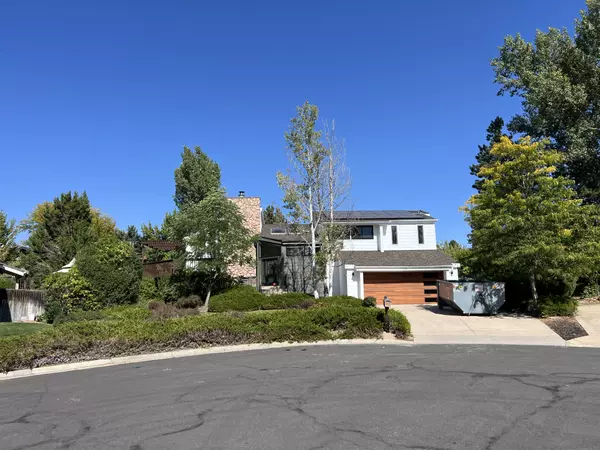Navigating the Closing Process: What to Expect
The closing process is a critical step in the home-buying journey, marking the finalization of your real estate transaction. Understanding what to expect can help alleviate stress and ensure a smooth experience. Here’s a breakdown of the key stages and elements involved in the closing process.
Pre-Closing Preparations
Before closing day, several important tasks need to be completed:
-
Home Inspection and Appraisal: After your offer is accepted, a home inspection is typically conducted to assess the property's condition. An appraisal will also be ordered by the lender to determine the home's value.
-
Secure Financing: Ensure your mortgage is approved and that you have locked in your interest rate. Communicate with your lender about any required documents.
-
Title Search: A title company will conduct a title search to confirm the seller has the legal right to sell the property and to identify any liens or encumbrances.
The Closing Disclosure
A few days before closing, you’ll receive a Closing Disclosure from your lender. This document outlines the final loan terms, monthly payments, and all closing costs. Review it carefully to ensure all details are accurate, and don’t hesitate to ask questions about any discrepancies.
Closing Day: What to Expect
On closing day, you’ll typically meet with various parties involved in the transaction, including your real estate agent, the seller, and possibly a representative from the title company or your lender. Here’s what happens:
-
Final Walk-Through: Before signing documents, conduct a final walk-through of the property to ensure it’s in the agreed-upon condition and that any requested repairs have been made.
-
Signing Documents: You’ll sign a variety of documents, including the mortgage agreement, the deed, and the Closing Disclosure. Be prepared to provide identification and any necessary documents requested by your lender.
-
Closing Costs: Expect to pay closing costs, which can include loan origination fees, title insurance, property taxes, and other fees. These costs typically range from 2% to 5% of the purchase price. Make sure to bring a certified check or have wired funds available for these payments.
Transfer of Ownership
Once all documents are signed and payments are made, the title company will officially record the deed with the county, transferring ownership of the property to you. At this point, you’ll receive the keys to your new home!
Post-Closing Steps
After closing, there are a few important tasks to handle:
-
Homeowner’s Insurance: Make sure you have homeowner’s insurance in place, as lenders often require this before finalizing the mortgage.
-
Utilities and Services: Set up utility services (water, gas, electricity) and any necessary home services (internet, cable) in your name.
-
Organize Important Documents: Keep all closing documents in a safe place for future reference, as they may be needed for tax purposes or when selling the home later.
Navigating the closing process can seem daunting, but understanding each step can help ensure a smoother experience. By being prepared and informed, you can approach closing day with confidence, knowing you’re one step closer to making your new house a home. Whether you’re a first-time buyer or a seasoned homeowner, the closing process is an exciting milestone in your real estate journey.













